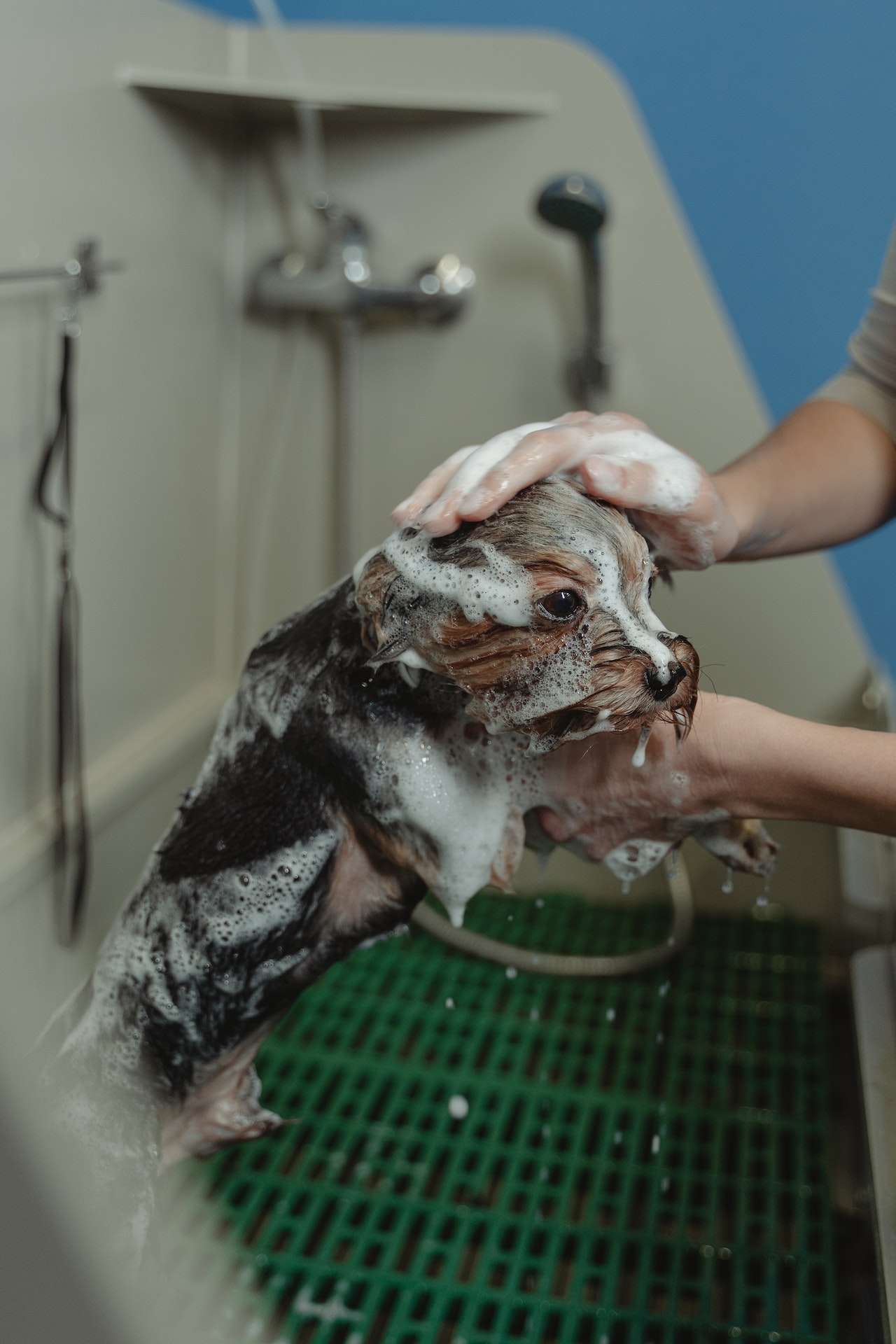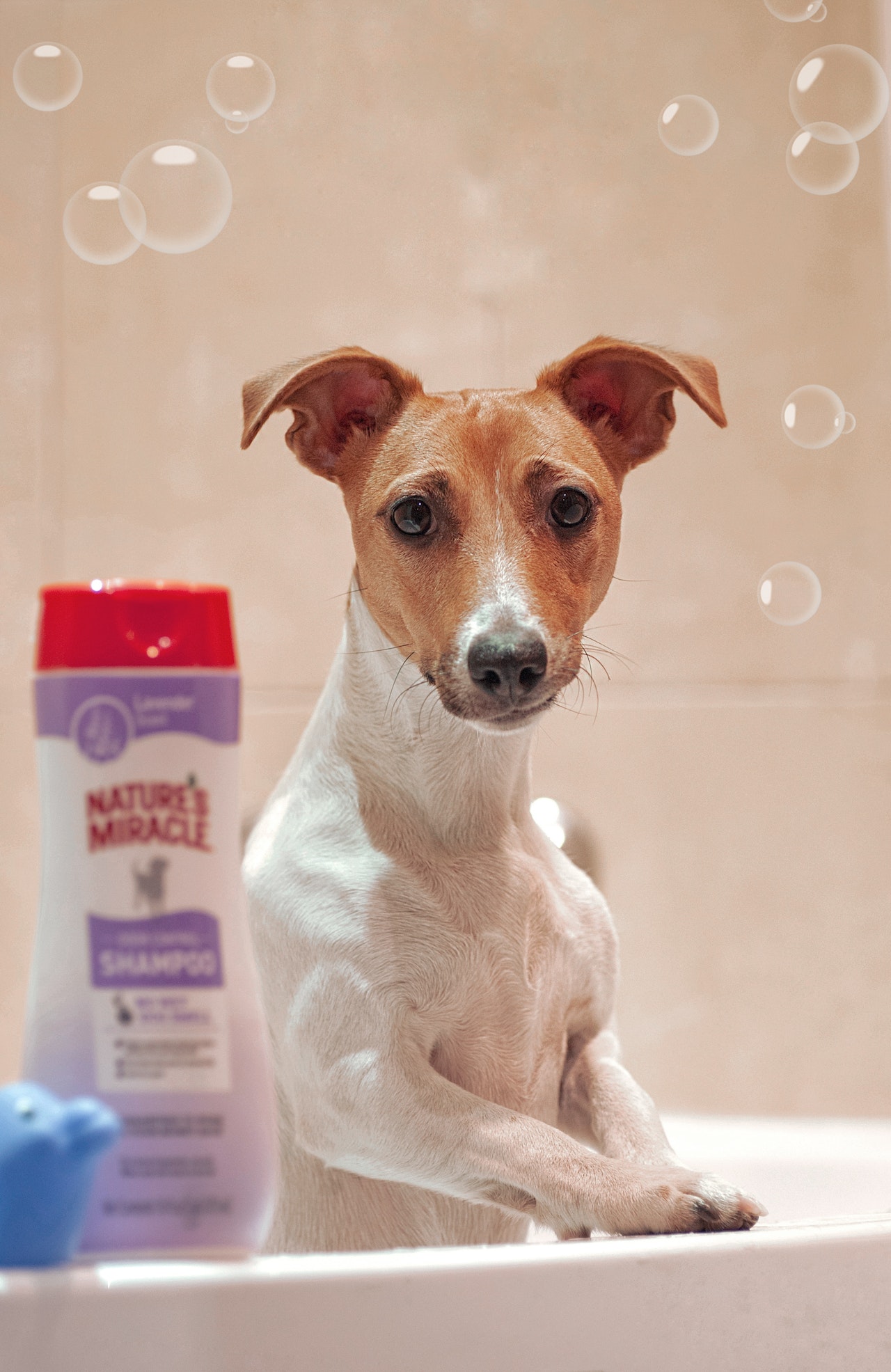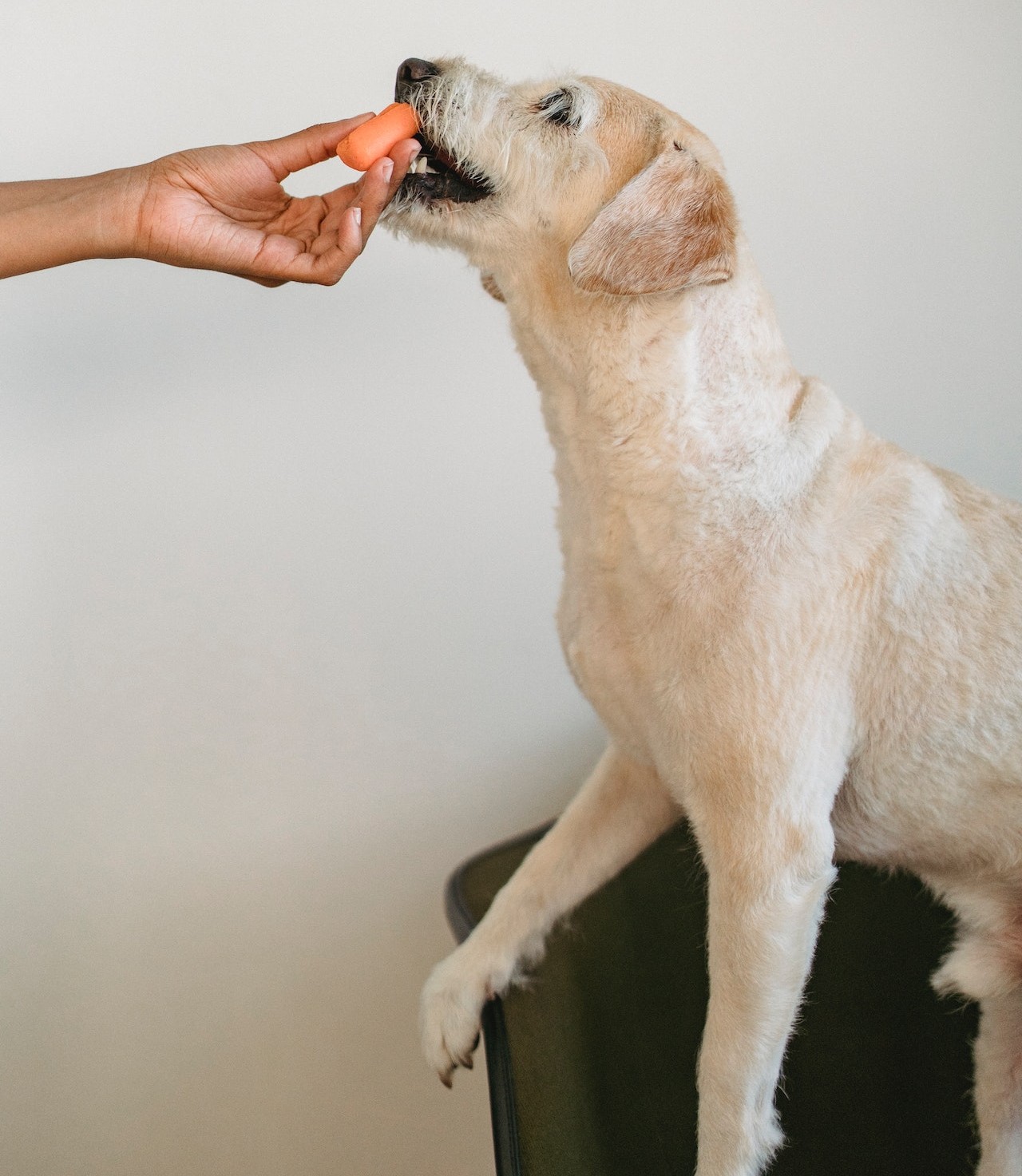10 Tips for Managing Your Dog's Winter Allergies
Winter allergies in dogs most often result from indoor environmental allergens, however. Fibres like wool, chemical cleaners, and allergens like mould, dust mites, and even fleas can make pups itchy in winter. Some dogs are so allergic to fleas that one bite will cause widespread skin rashes, and unfortunately, fleas can live through the winter.
Here are 10 tips for managing your dog allergies.
Consult With A Veterinarian:
If your dog is experiencing allergy symptoms, it is important to consult with a veterinarian to determine the cause and the appropriate course of treatment. Your veterinarian will be able to recommend specific allergy medications or other treatments that can help to alleviate your dog's symptoms.

Keep Your Dog's Coat And Paws Clean:
Winter weather can bring a host of allergens into the home, such as mud, snow, and ice. To help reduce your dog's exposure to these allergens, be sure to regularly clean your dog's coat and paws, and wipe them down with a damp cloth after they come inside.

Use An Air Purifier:
An air purifier can help to filter out allergens such as pollen and mould that may be circulating in the air inside your home. Consider placing an air purifier in the room where your dog spends the most time.

Bathe Your Dog Regularly:
Regular baths can help to remove allergens from your dog's coat and skin, which can help to reduce allergy symptoms. Be sure to use a hypoallergenic shampoo that is specifically formulated for dogs with allergies.

Use Allergy-Specific Grooming Products:
There are a number of grooming products on the market that are specifically designed for dogs with allergies. These products can help to reduce allergy symptoms and soothe irritated skin.

Keep Your Home Clean:
To help reduce your dog's exposure to allergens, be sure to regularly clean your home, including vacuuming and dusting, to remove any dust, dirt, and other particles that might be triggering your dog's allergies.

Limit Your Dog's Exposure To Outdoor Allergens:
If your dog has outdoor allergies, try to keep them indoors during times when the allergen levels are highest, such as on days with high pollen counts.

Use An Allergy-Specific Diet:
Some dogs may have food allergies that contribute to their overall allergy symptoms. Your veterinarian may recommend switching to a hypoallergenic or prescription diet to help manage your dog's allergies.

Keep Your Dog's Bedding Clean:
Be sure to regularly wash your dog's bedding to remove any allergens that might be hiding in the fabric.

Use Allergy Medications As Directed:
If your veterinarian has prescribed allergy medications for your dog, be sure to follow the recommended dosing and administration instructions closely to ensure that your dog gets the full benefit of the medication.

Managing your dog's winter allergies can take some effort, but the effort is worth it to help your furry friend feel comfortable and healthy during the winter months. By following these tips, you can help to reduce your dog's allergy symptoms and keep them happy and healthy all winter long.
------
Do you know how to identify and manage your dog's winter allergies?
At ThePetNest, we understand the importance of keeping your furry friend healthy and comfortable all year round. Our expert veterinarians and groomers can help you recognize the signs of winter allergies in your dog and provide effective treatments to alleviate their symptoms.
Visit our website to learn more and ensure your dog stays comfortable throughout the winter season.




New Comment